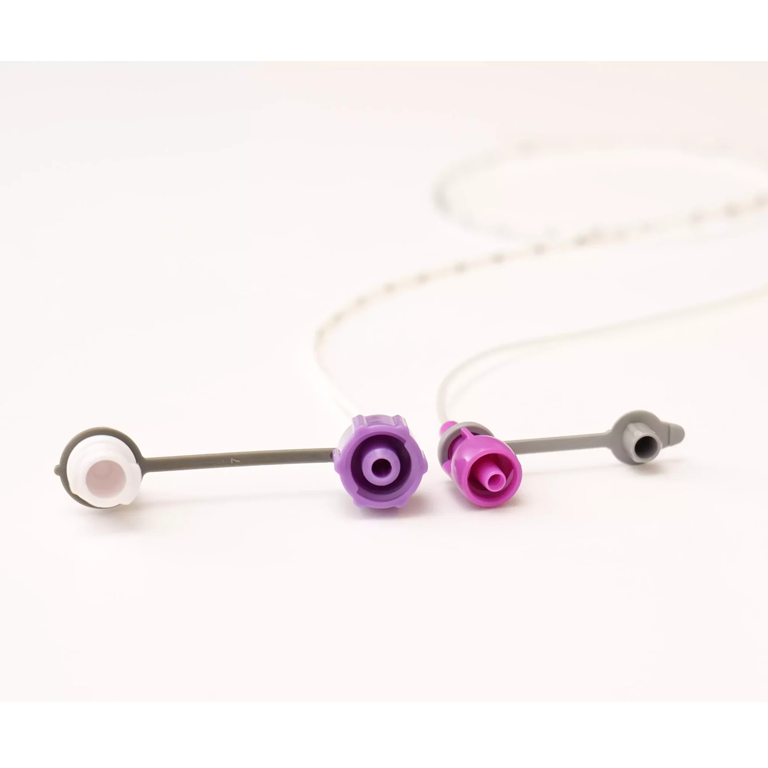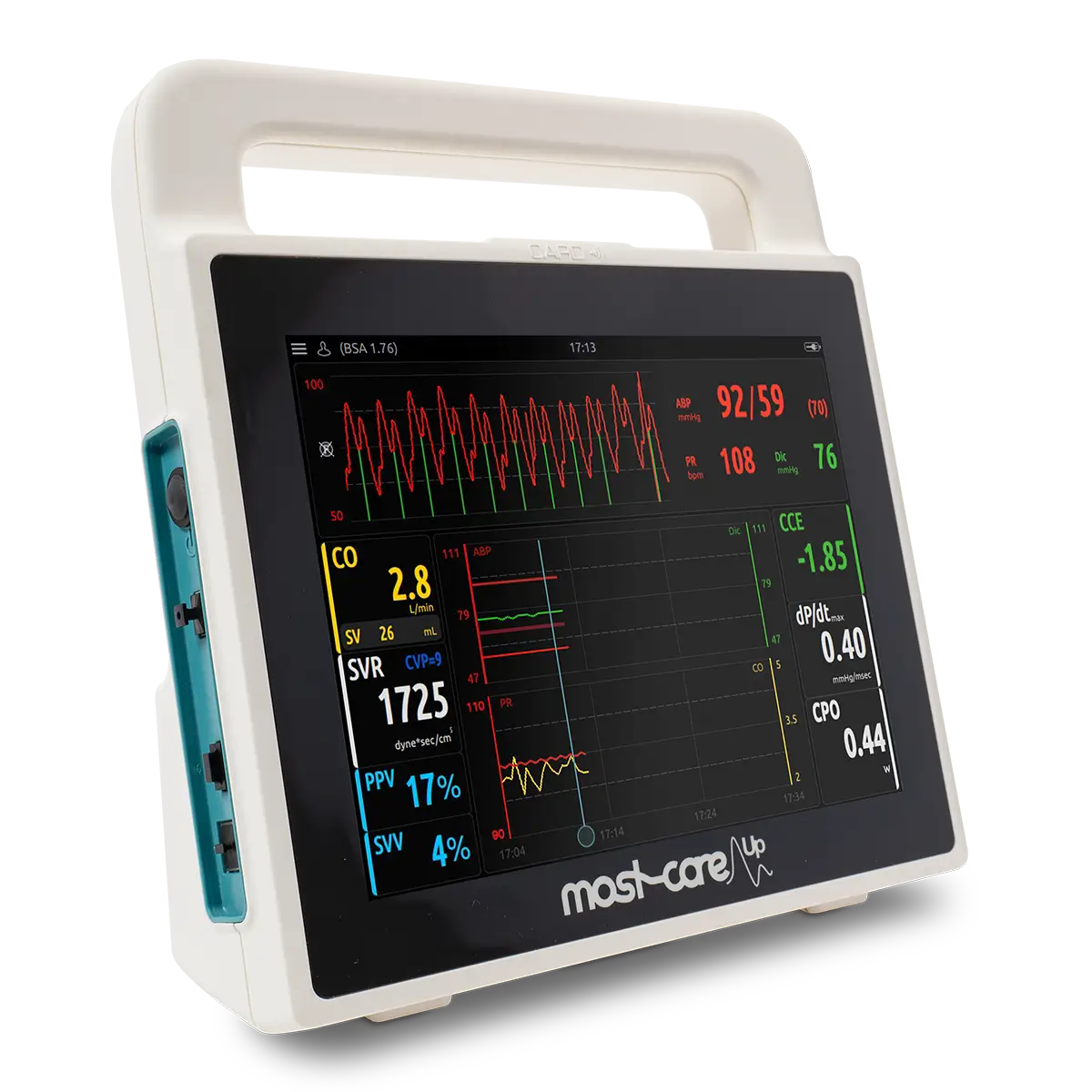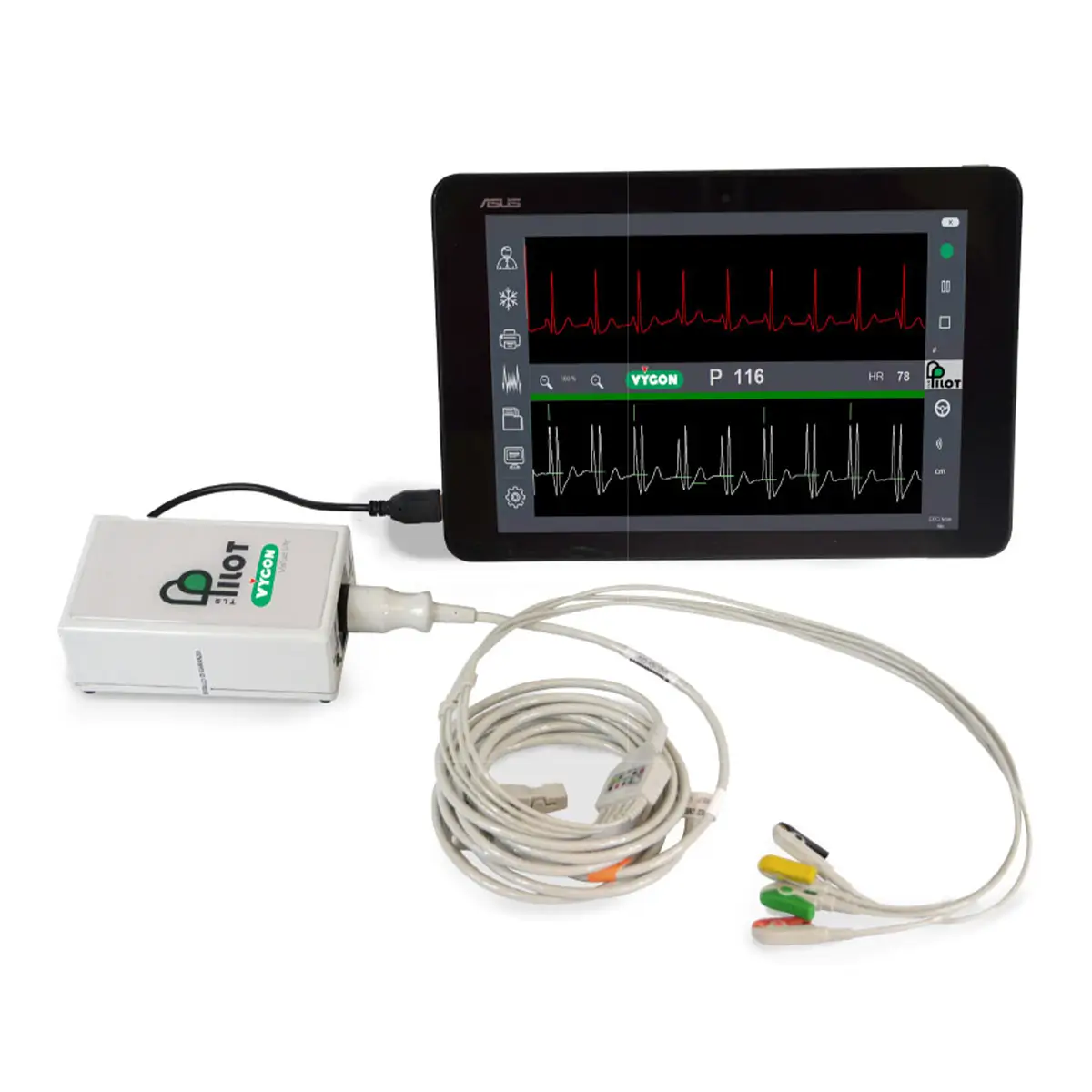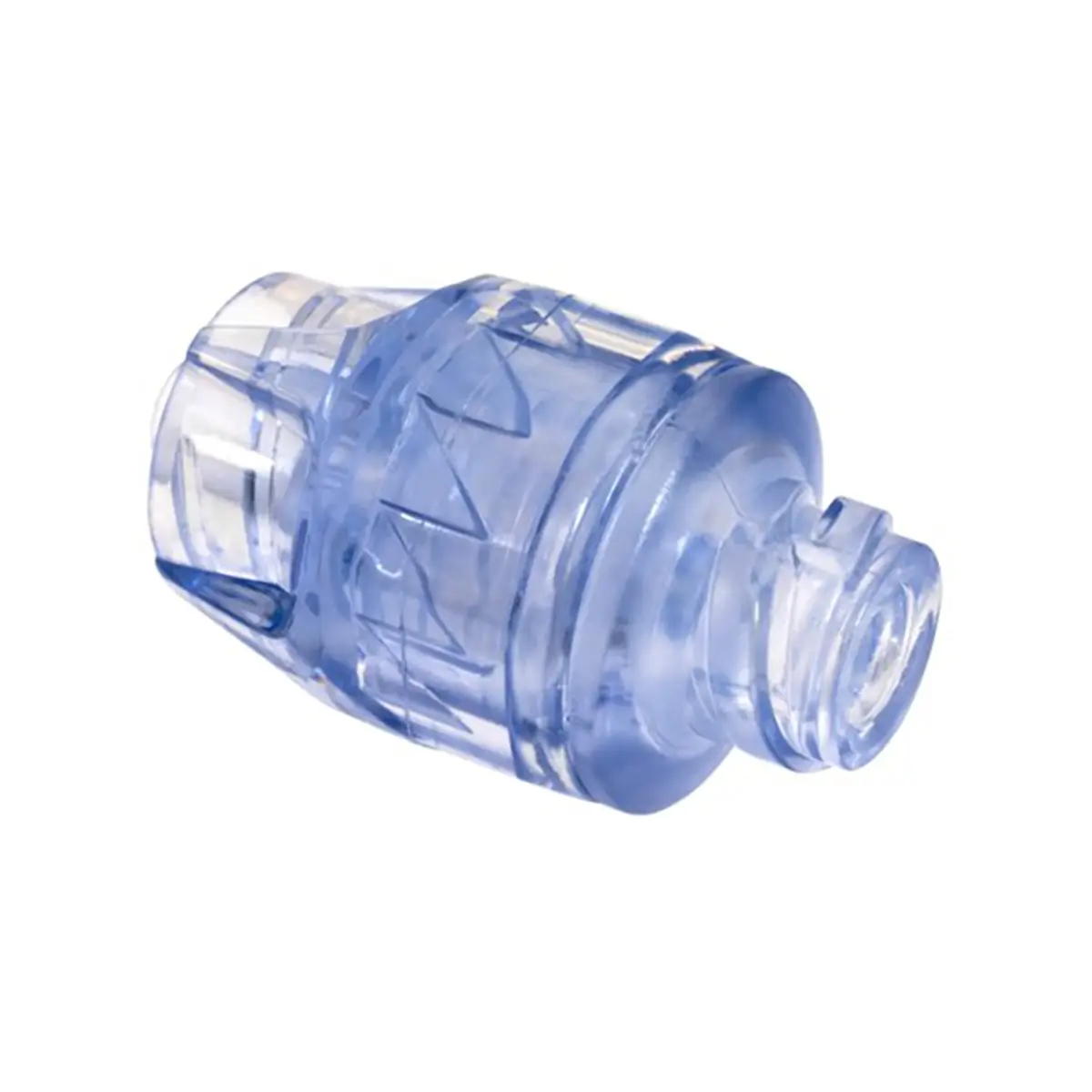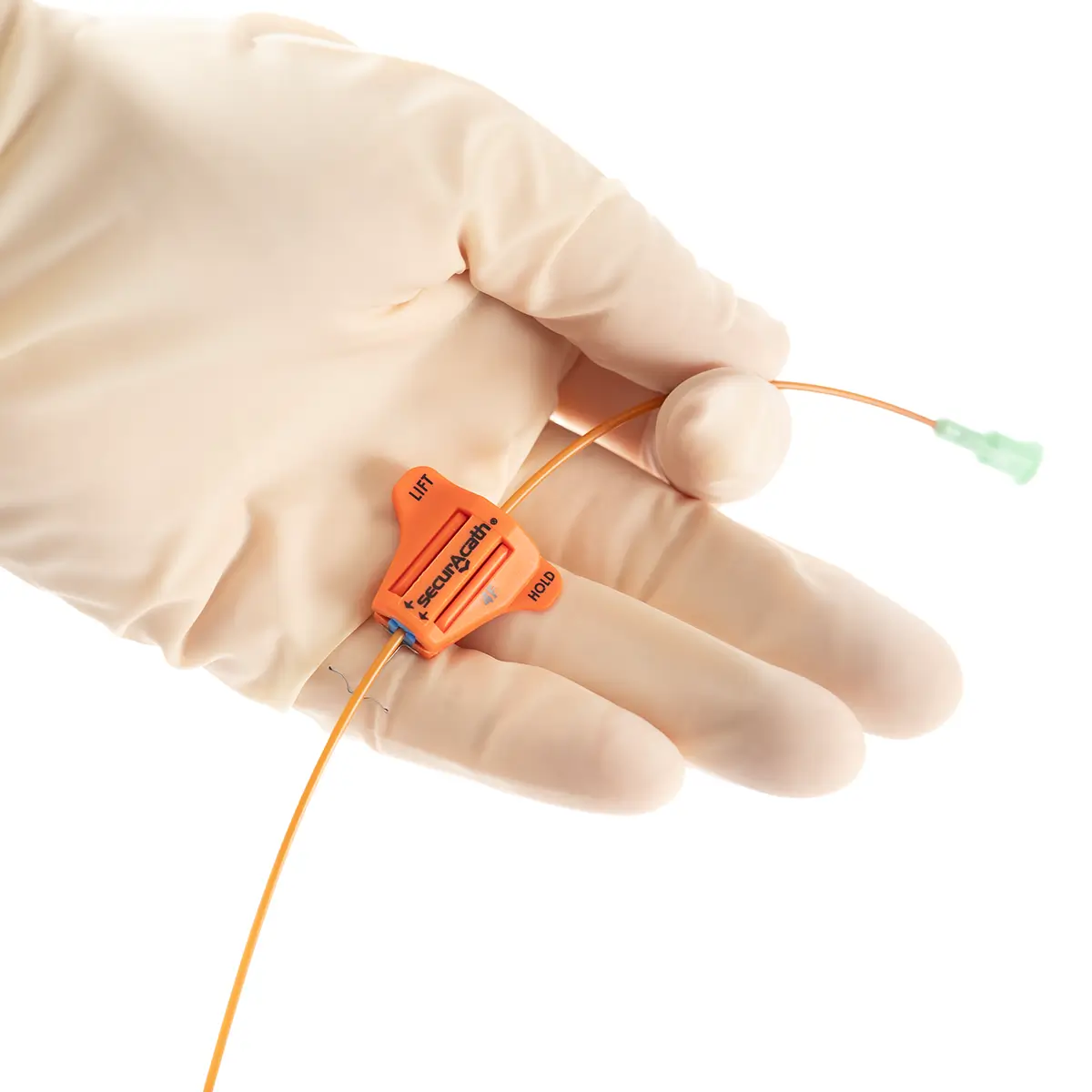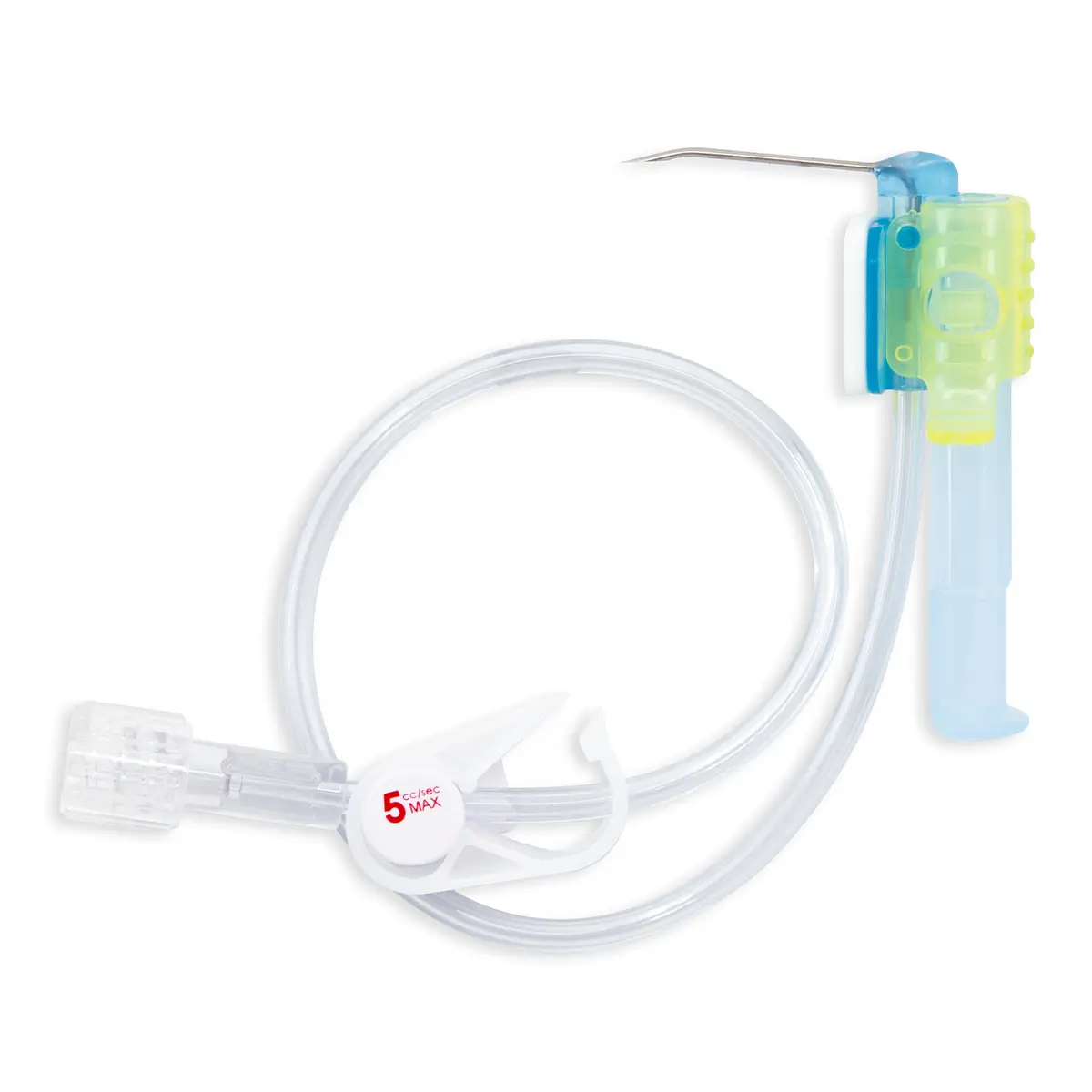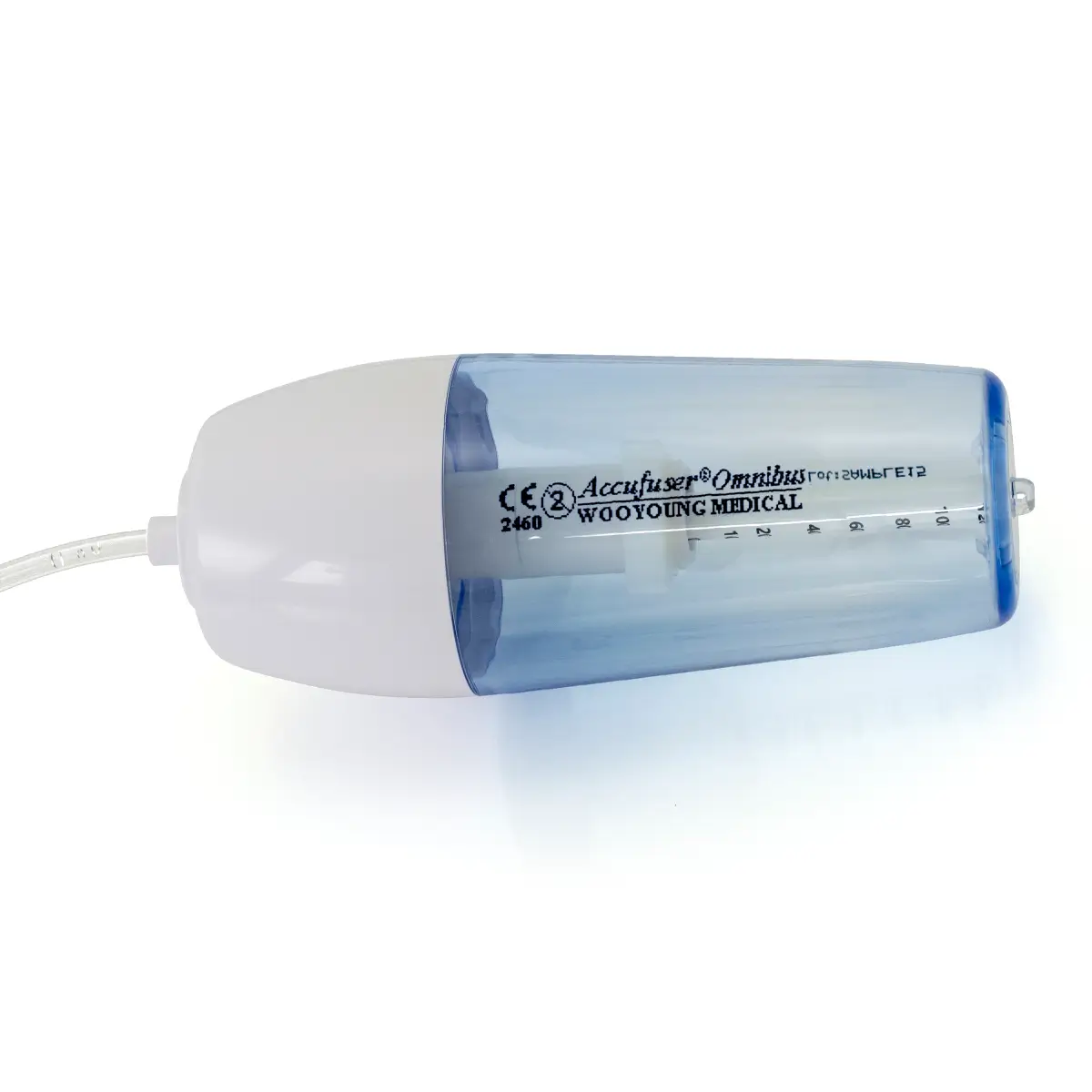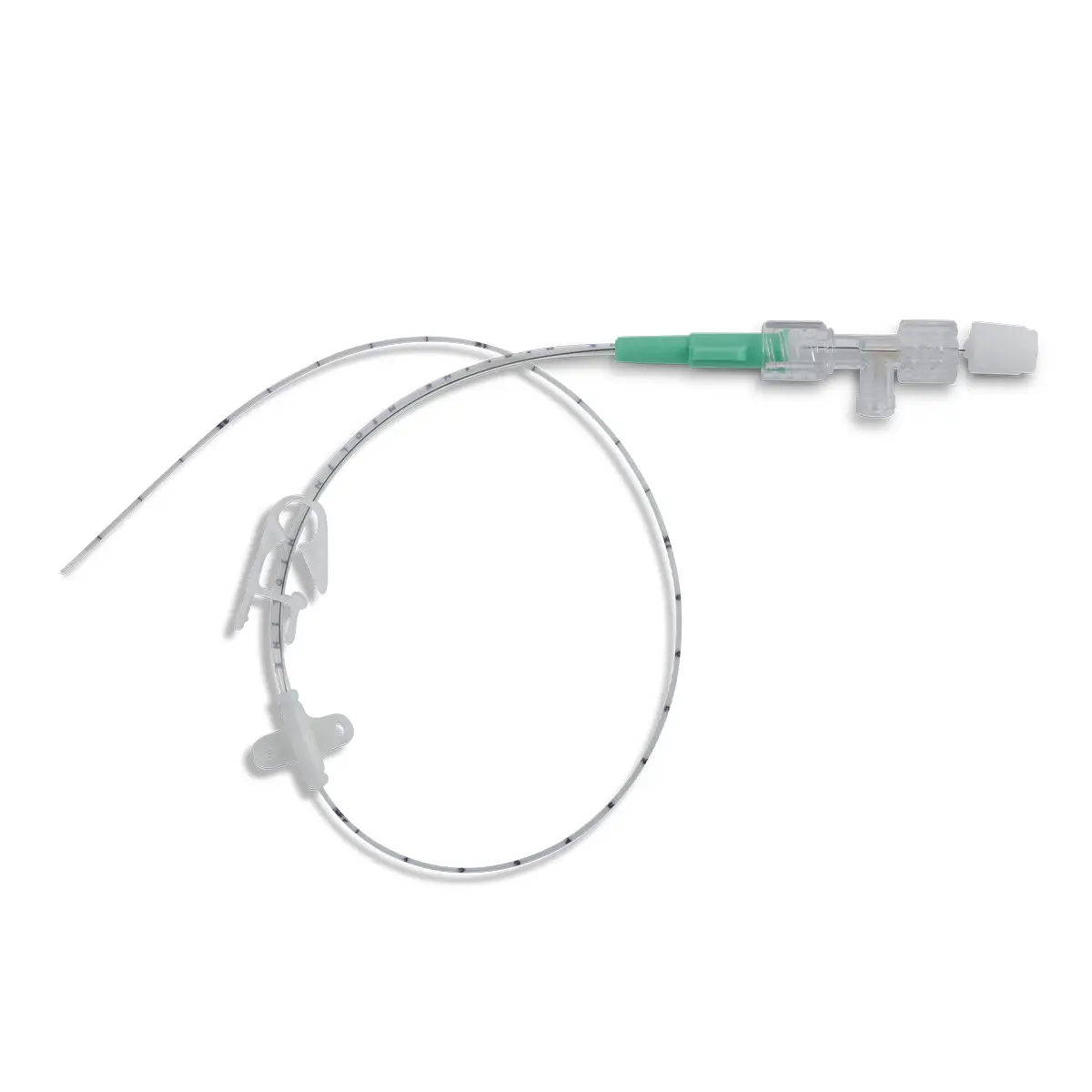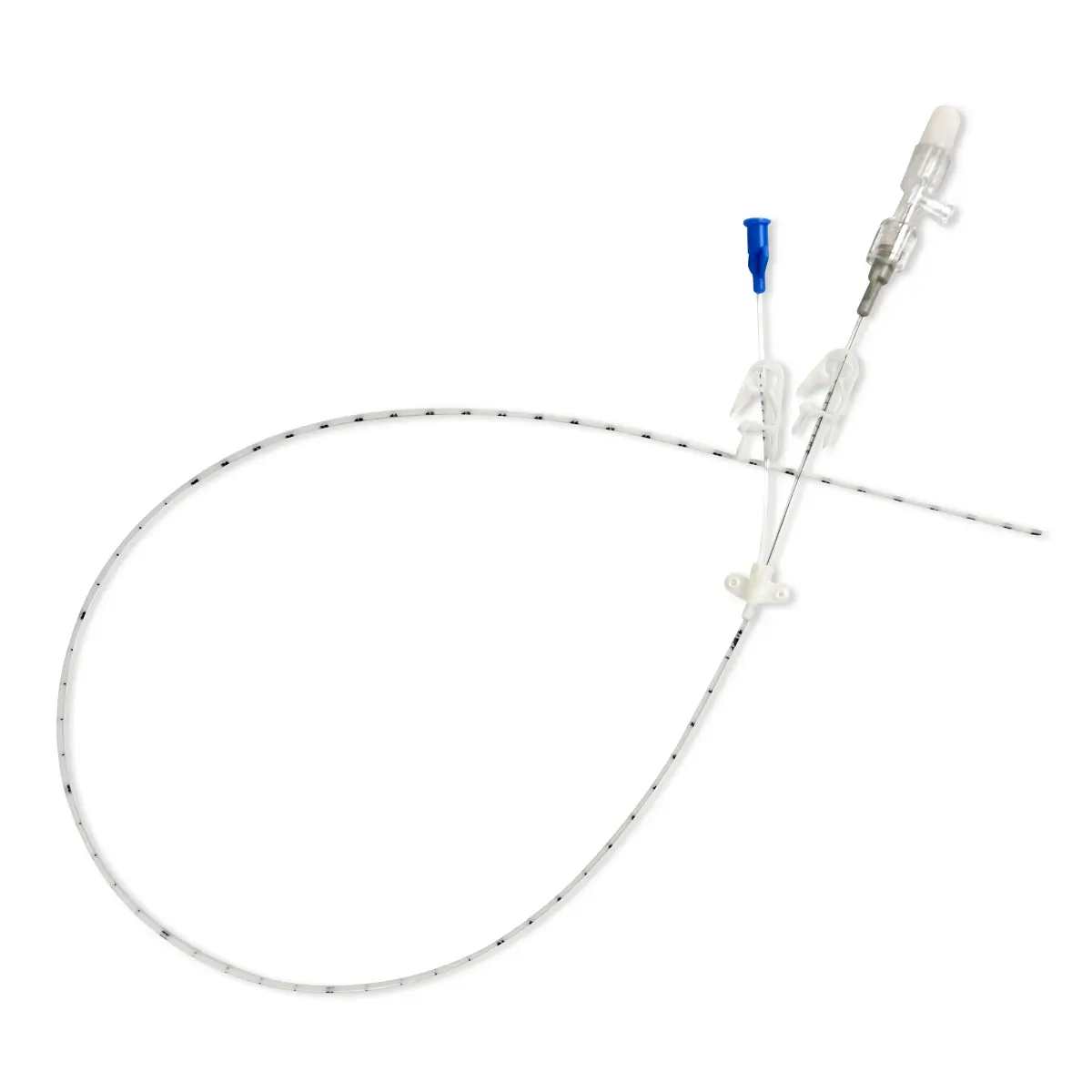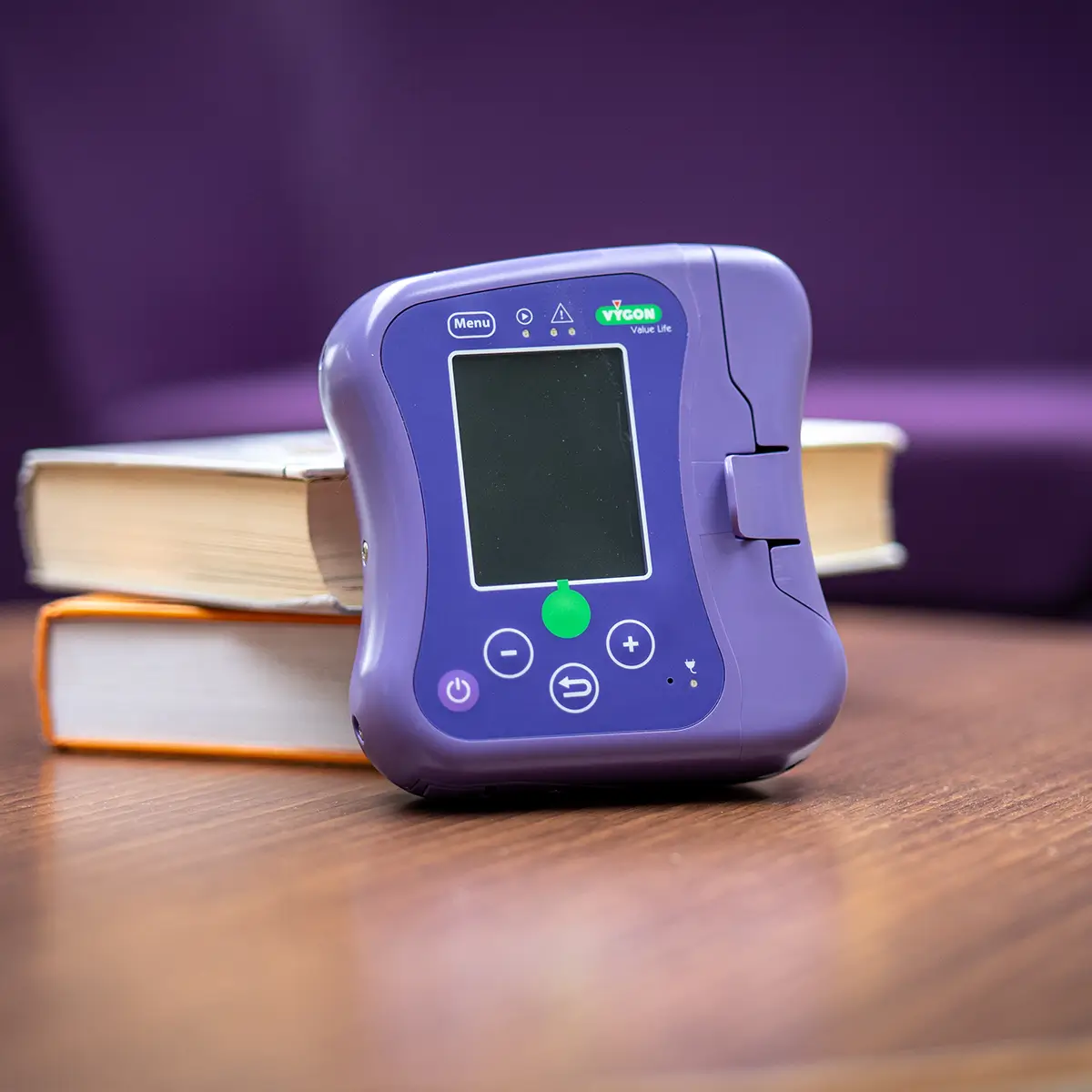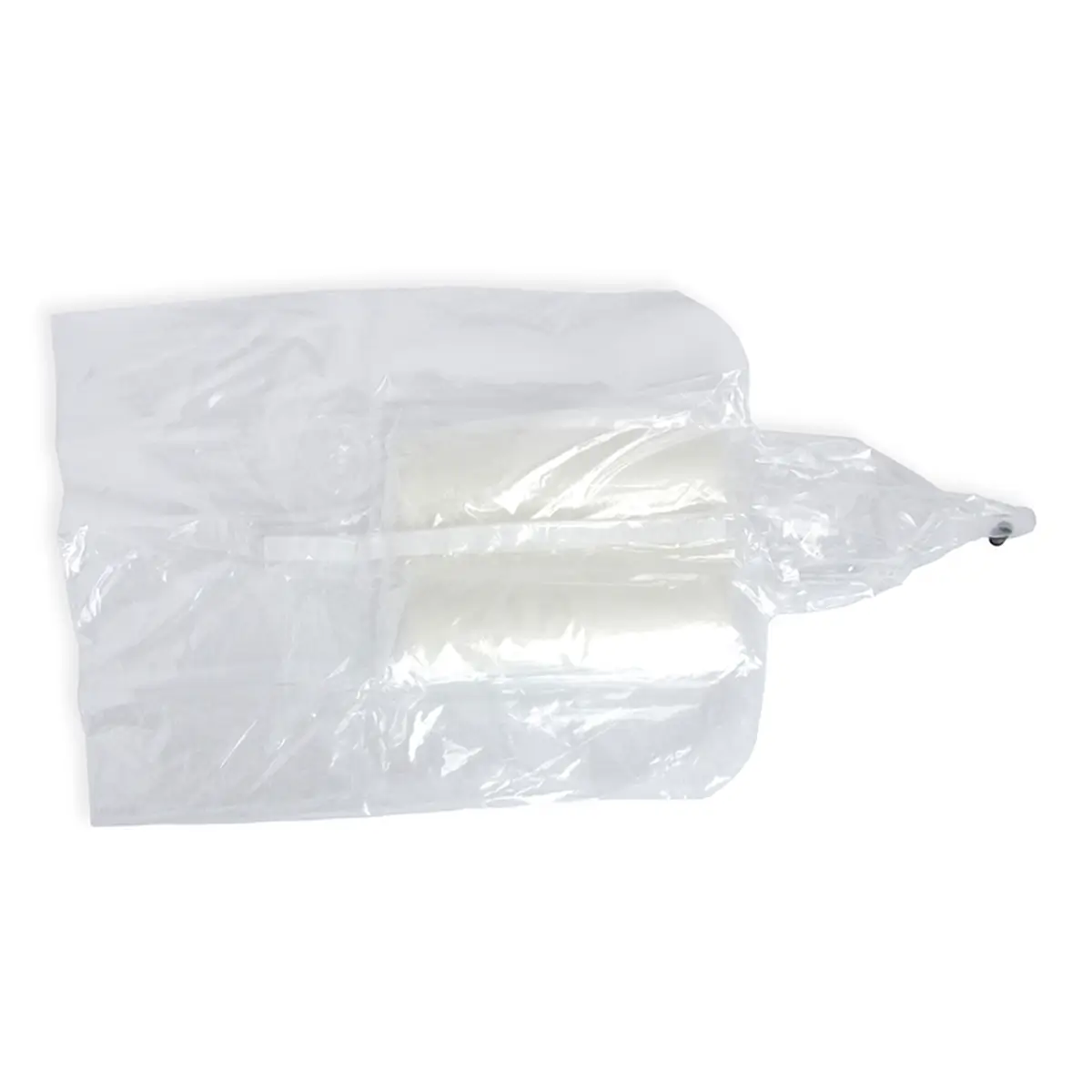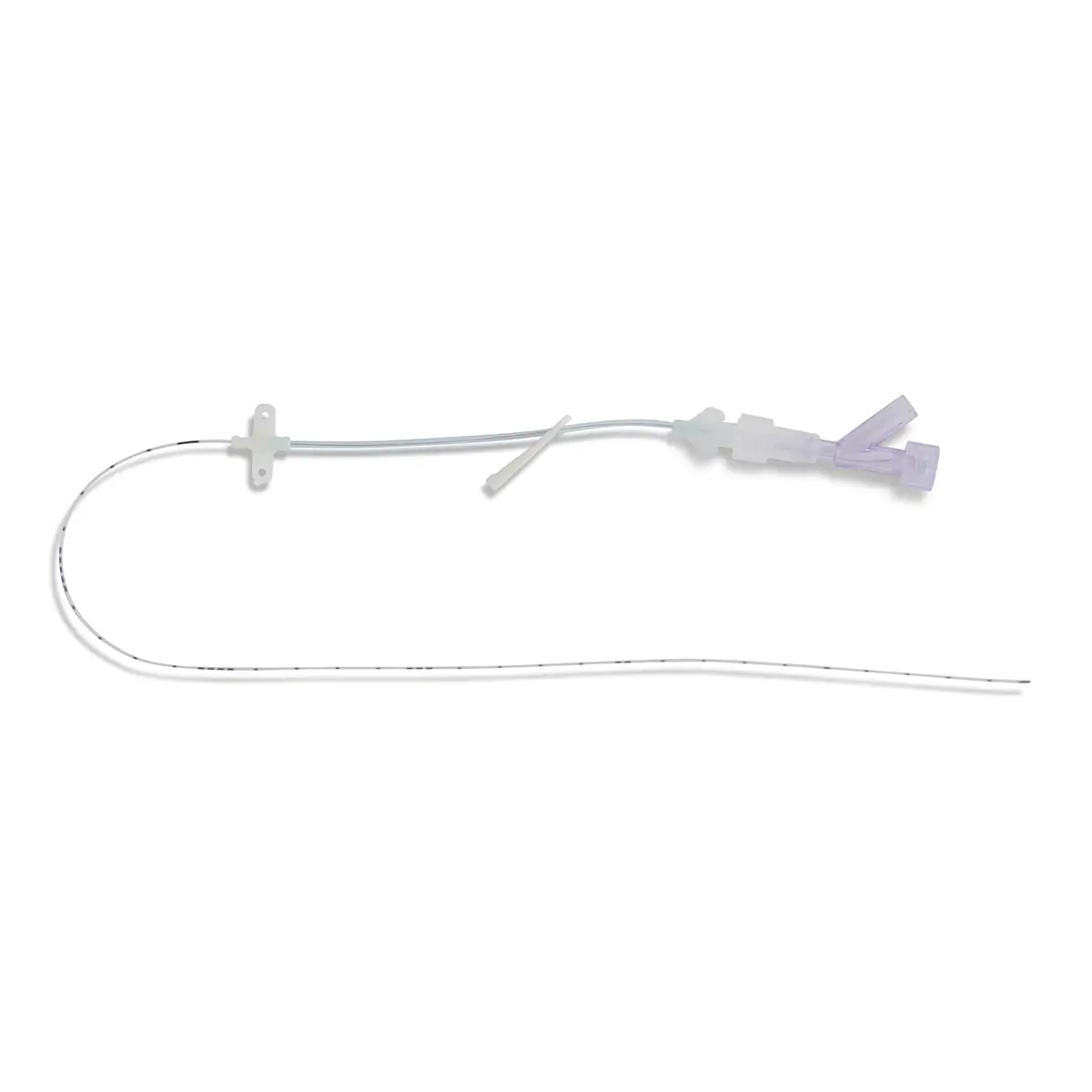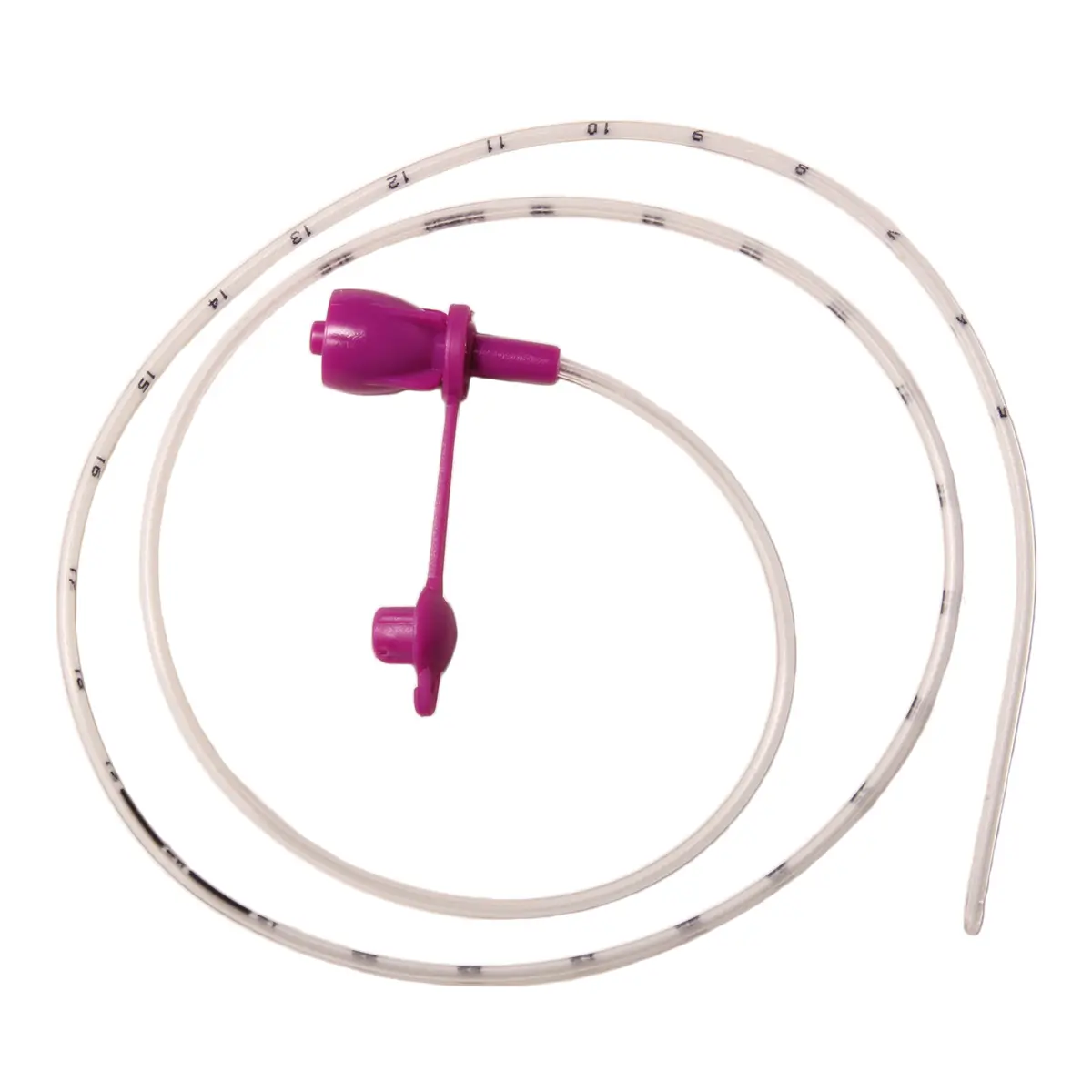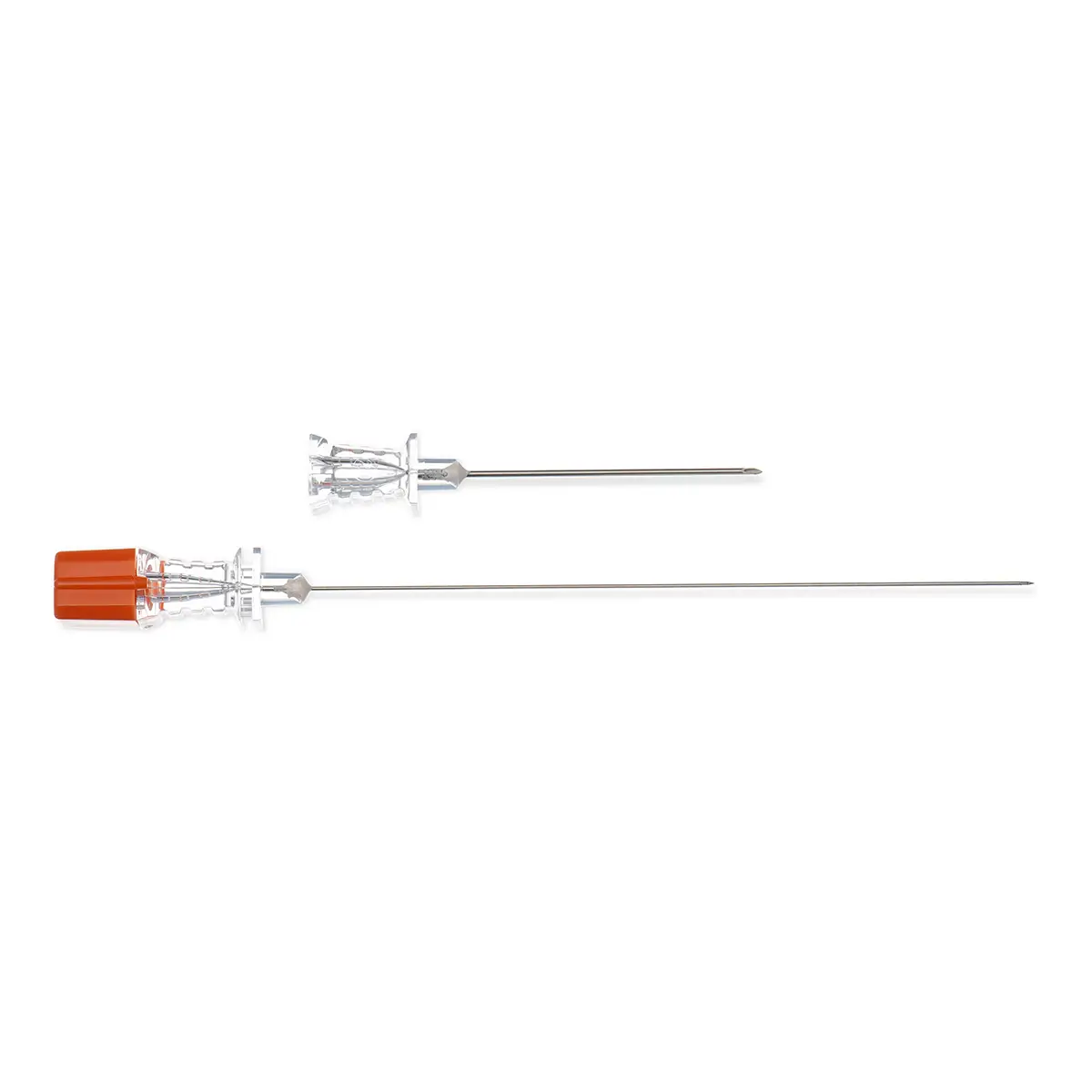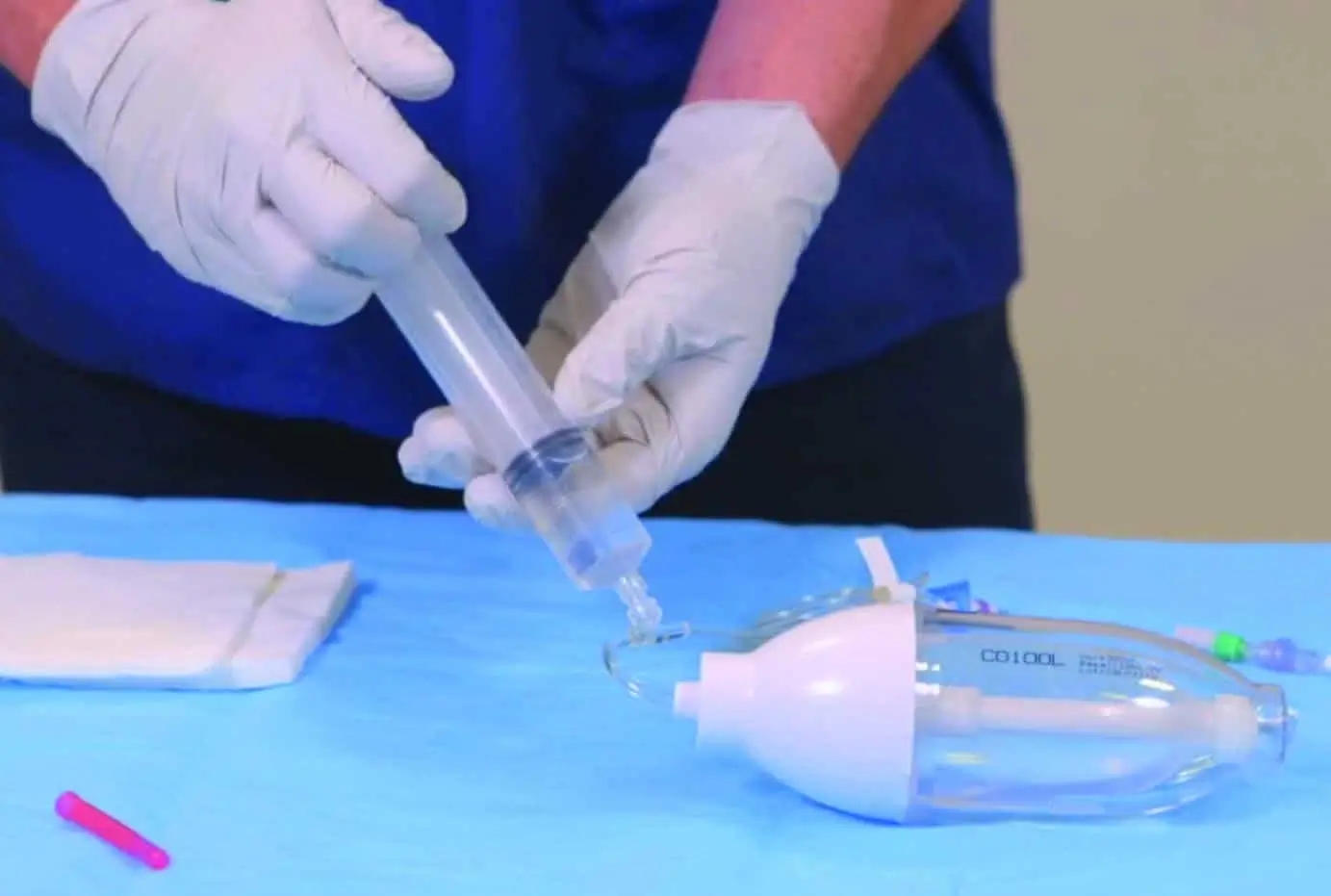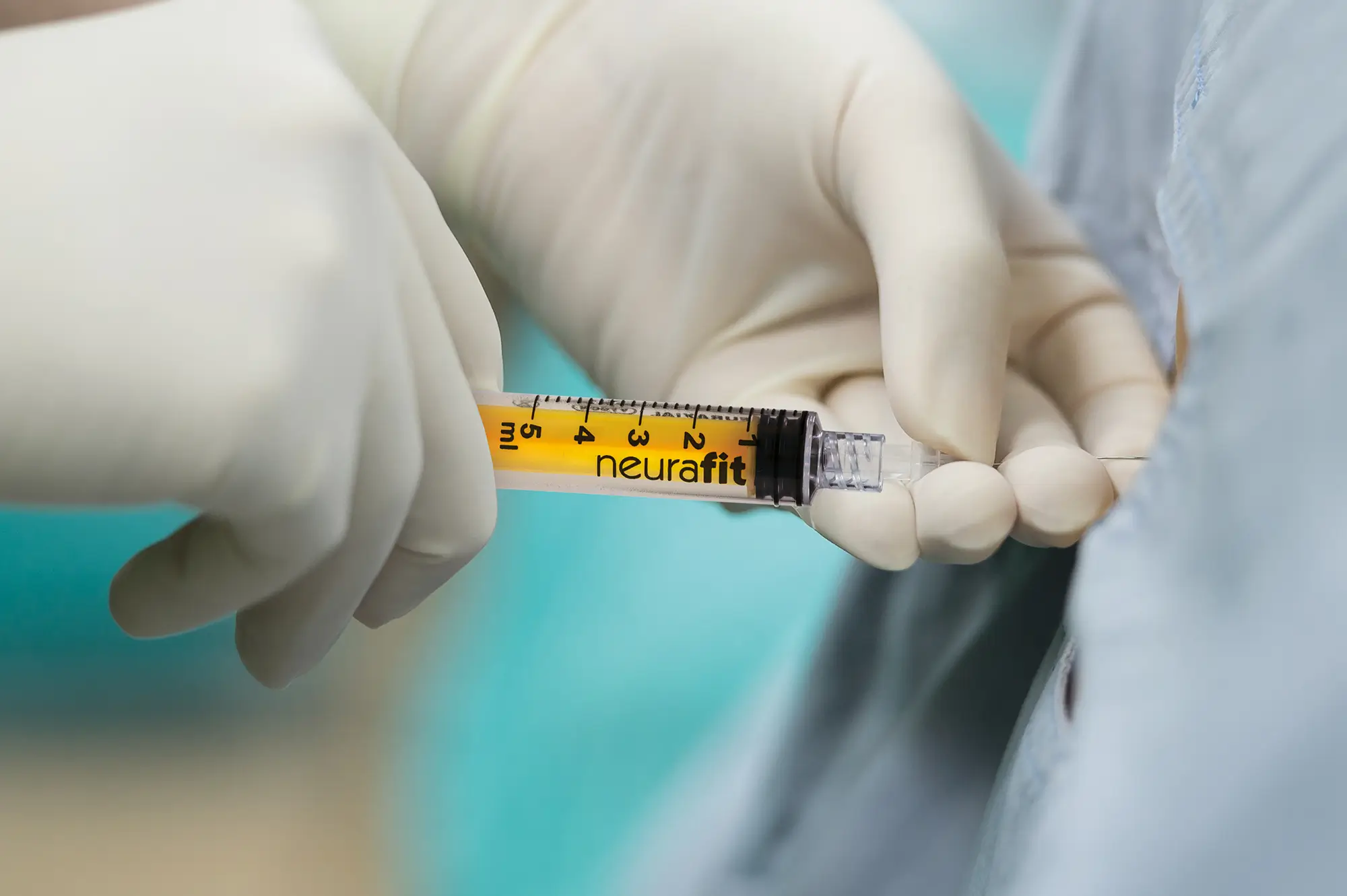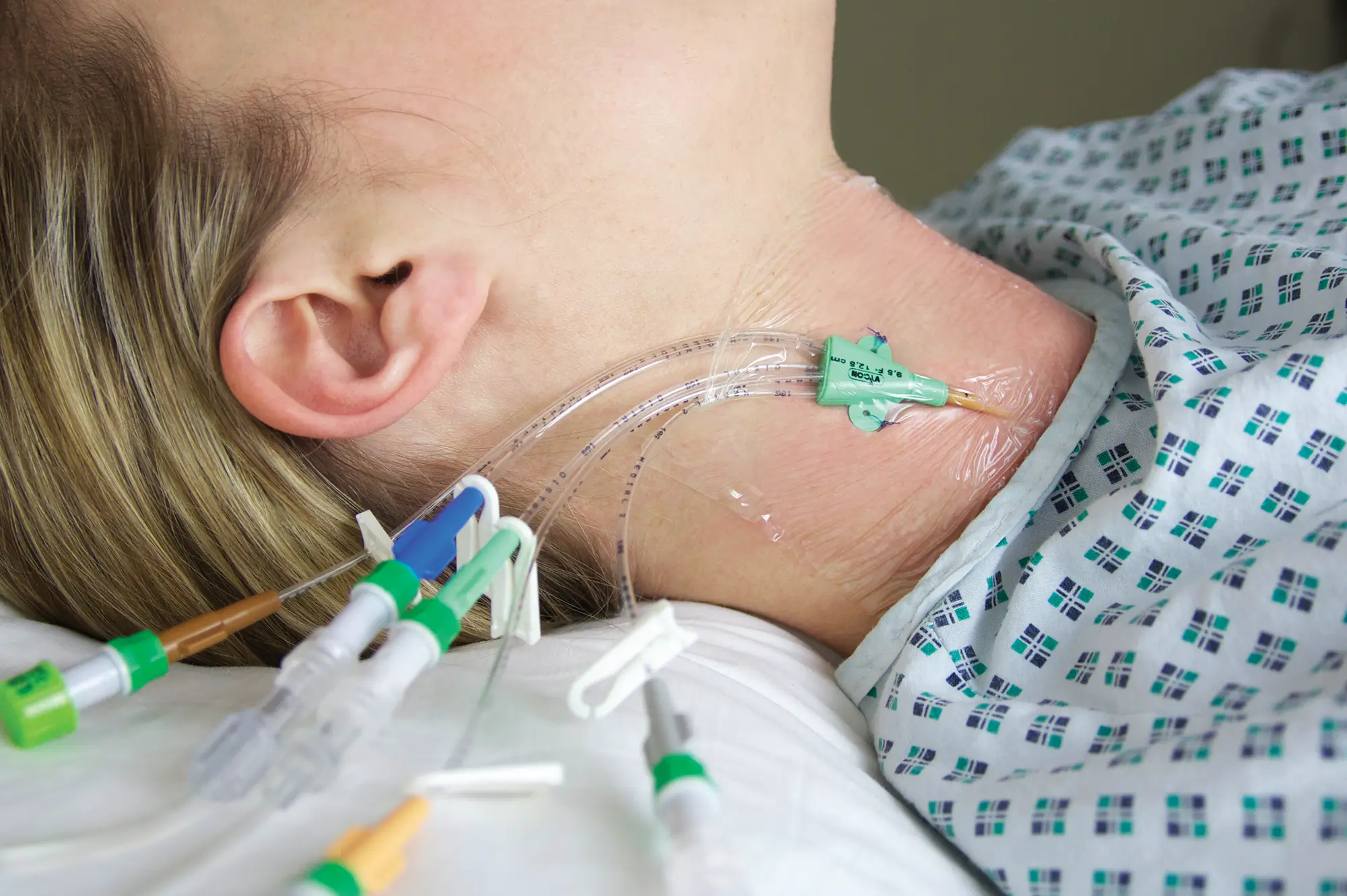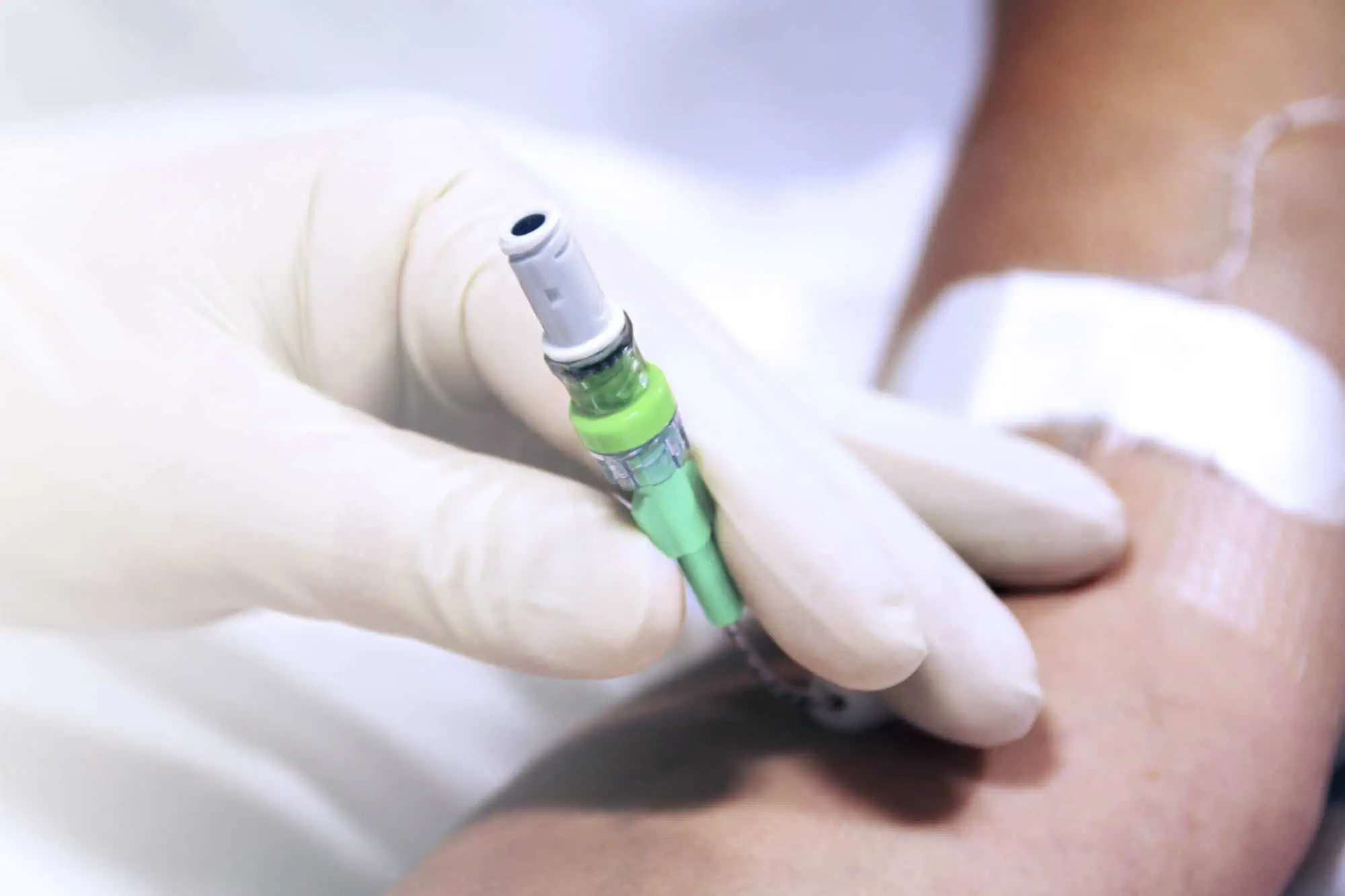World Prematurity Day 2024: Celebrating the Power of Skin-to-Skin Contact
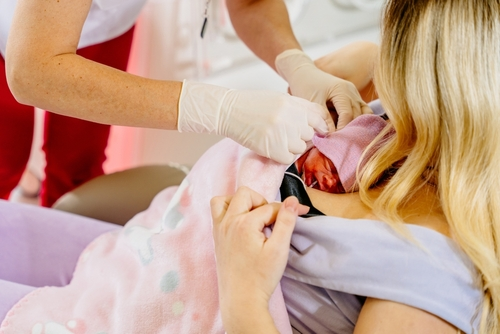
Premature birth remains a significant global health challenge, often leading to complications for infants and their families. While medical advancements have improved outcomes for many preterm babies, simple, yet powerful interventions like kangaroo care have emerged as essential tools in neonatal care.
What is Kangaroo Care?
Kangaroo care involves skin-to-skin contact between a parent or caregiver and their infant, with the baby lying chest-to-chest on the adult’s body. This practice, often initiated shortly after birth, creates a warm, nurturing environment that provides numerous benefits, especially for preterm infants.
Benefits of Kangaroo Care for Preterm Infants
Kangaroo care has been shown to significantly reduce the risk of mortality in low birth weight infants. A meta-analysis found that kangaroo care initiated either in the hospital or at home is associated with lower mortality rates during hospitalisation and in the 28 days following birth [1].
- Temperature Regulation: Skin – to- skin helps stabilise a preterm infant's body temperature, a critical factor for their survival and development.
- Improved Breathing: The rhythmic movement of a parent's chest can assist a preterm infant in regulating their breathing patterns.
- Enhanced Weight Gain: Skin-to-skin contact can promote weight gain in preterm infants by reducing stress and increasing milk intake.
- Reduced Stress: Kangaroo care has been shown to reduce stress hormones in preterm infants, leading to better overall health and development.
- Improved Sleep Patterns: The warmth and security provided by kangaroo care can help preterm infants sleep longer, uninterrupted periods.
- Improved Infant Development: Kangaroo care has been linked to better cognitive and motor development in preterm infants, potentially due to the positive sensory experiences and emotional regulation it provides.
- Stronger Parent-Infant Bond: Kangaroo care fosters a deep emotional connection between parents and their preterm infants, laying the foundation for a strong bond.
The Science Behind Kangaroo Care
In utero, a foetus is in an enclosed environment, it is warm, dark and quiet, with a constant maternal heartbeat to soothe it. The NICU can be difficult to adjust to, although the incubator is kept at a constant temperature and the lights are kept low, it is not as comforting to the neonate as the environment it has grown accustomed to.
Numerous studies have demonstrated the scientific basis for the benefits of kangaroo care. Research suggests that skin-to-skin contact activates specific neural pathways in the brain that regulate stress, temperature, and sleep. Additionally, kangaroo care can stimulate the release of oxytocin, a hormone associated with bonding, relaxation, and milk production.
The environment of the NICU is stressful for parents and babies, and skin-to-skin care may relieve some of that, but because these infants are small and fragile, they are often attached to lots of tubes and wires, and holding the baby can be complicated.
Considering the Risks: A Balanced Approach
While kangaroo care offers numerous advantages, it is essential to weigh the potential risks. In some cases, kangaroo care may not be appropriate due to the infant's condition or the parent's health. It is crucial for healthcare professionals to assess each individual situation carefully and provide appropriate guidance.
It is essential to acknowledge potential risks. These include:
- Infection: If the caregiver has an infection, there is a risk of transmitting it to the infant. It is crucial to ensure that caregivers are healthy and free from any contagious illnesses before engaging in kangaroo care.
- Overheating: While kangaroo care helps regulate temperature, it is possible for the infant to overheat. It is essential to monitor the infant's temperature and adjust the environment accordingly.
- Medical Instability: Kangaroo care may be temporarily postponed or modified for infants with certain medical conditions, such as:
- Abdominal wall or neural tube defects.
- Significant hemodynamic instability (wide blood pressure swings, significant bradycardia, apnea, or oxygen desaturation).
- Infants requiring high levels of humidification.
- Infants in the immediate post-operative period
Implementing Kangaroo Care in Healthcare Settings
To maximise the benefits of kangaroo care, healthcare professionals should:
- Educate Parents: Provide comprehensive information about the benefits and techniques of kangaroo care.
- Facilitate Skin-to-Skin Contact: Encourage early and frequent skin-to-skin contact between parents and their preterm infants.
- Support Breastfeeding: Kangaroo care can complement breastfeeding, as the close physical proximity can stimulate milk production and facilitate feeding.
- Address Concerns: Be attentive to parents' concerns and provide reassurance and support.
- Utilise Products that Support Kangaroo Care: Using PUR over PVC for umbilical catheters means the dressing can be laid flat and kangaroo care is easier to facilitate
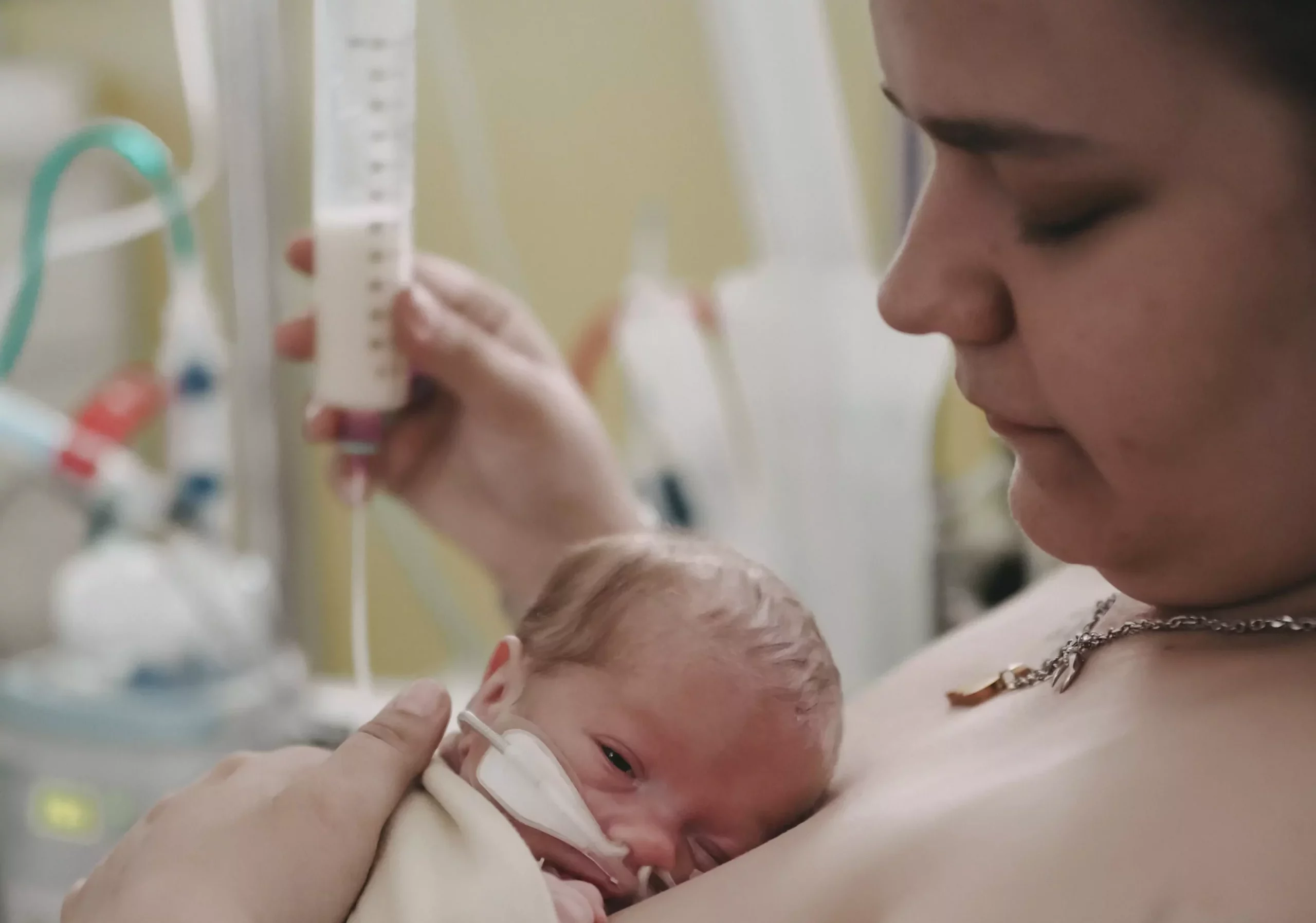
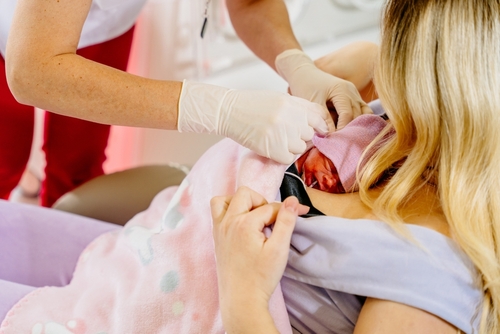
Kangaroo care is a simple yet powerful intervention that can significantly improve the outcomes of preterm infants. By incorporating this practice into routine care, healthcare professionals can contribute to the well-being of these vulnerable newborns and promote positive parent-infant bonding. As we observe World Prematurity Day 2024, let us reaffirm our commitment to providing the best possible care for preterm infants and harnessing the transformative power of skin-to-skin contact.
References
[1] Kangaroo mother care for preterm or low birth weight infants: a systematic review and meta-analysis, Sivanandan S, Sankar MJ, BMJ Global Health 2023;
Understanding kangaroo care and its benefits to preterm infants. Campbell-Yeo ML, Disher TC, Benoit BL, Johnston CC, Pediatric Health Med Ther. 2015.
Kangaroo–mother care method and neurobehavior of preterm infants, Gurgel de Castro Silva M, Carvalho de Moraes Barros M, Maria Lima Pessoa Ú, Guinsburg R, Early Human Development, 2016
Inpatient Skin-to-skin Care Predicts 12-Month Neurodevelopmental Outcomes in Very Preterm Infants, Lazarus, Molly F. et al. The Journal of Pediatrics, 2024
About Vygon
We are a leading supplier of medical and surgical devices dedicated to helping clinicians deliver the best possible outcomes for their patients. Our reputation for delivering high quality products is supported by our resolve to provide excellent customer service at whatever level is required. Our comprehensive training and education programme is committed to building clinical competencies, knowledge and expertise whilst Vygon’s skilled Technical Team focuses on providing workable solutions to a wide range of practical queries. We take particular pride in our partnerships with hospitals and Trusts all over the UK where we work closely with both healthcare and procurement professionals to combine clinical effectiveness and financial efficiency.

